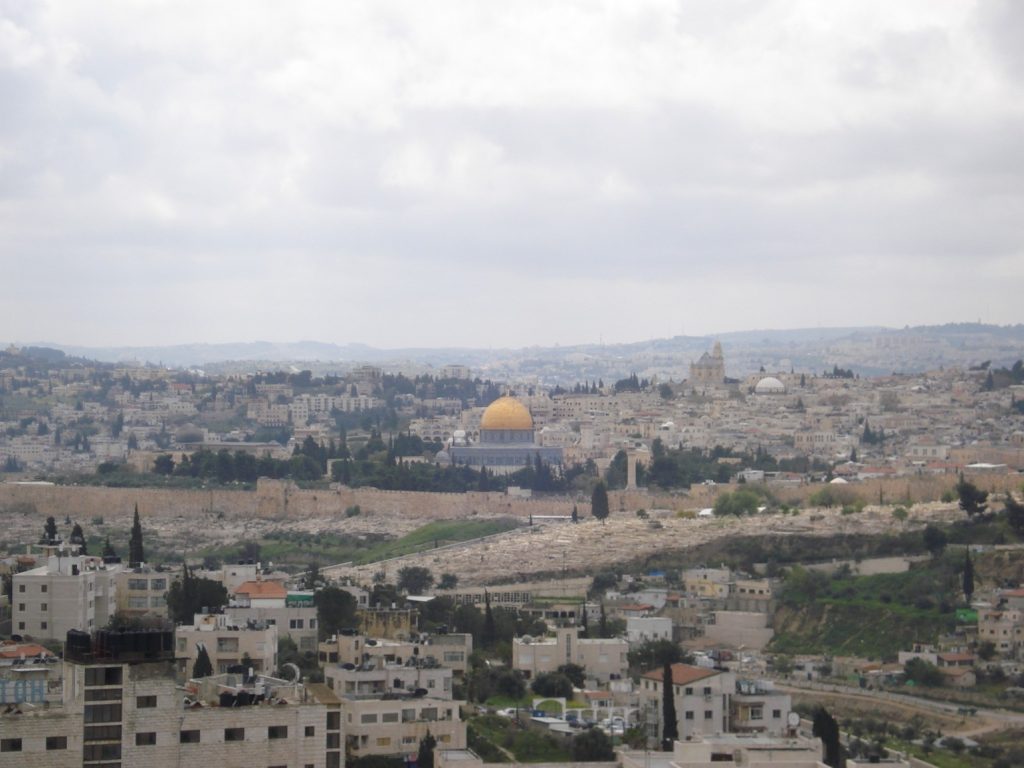São Paulo – Arab Brazilian Chamber of Commerce president Rubens Hannun said this Monday (1st) that it is still early to fully assess the impact on economic and trade relations between Brazil and the Arab countries from president Jair Bolsonaro’s decision to open a business office in Jerusalem in order to further deals with Israel. He added though that the initiative points to an imbalance on how Brazil treats Israel and Palestine.
“As a country active in the global trade and one of the world’s ten greatest economies, Brazil has to open business offices where businesses are, but this decision points to an imbalance on these relations,” Hannun told ANBA. “To be balanced, the government could announce offices in the Arab countries too, including Palestine,” he added.
While visiting Israel last Sunday (3/31), Bolsonaro announced the opening of an office in Jerusalem to encourage trade, investments, and the exchange of experiences in areas such as innovation, science and technology. During the election campaign and after being elected in October 2018, he said he would move Brazilian embassy from Tel Aviv to Jerusalem, acknowledging the city as Israel’s capital.
Since he took office, however, Bolsonaro stepped back and said the decision to move the embassy was not taken yet, and during his visit to Israel he announced the office opening. Even without a diplomatic nature, the office initiative was frowned upon by Palestinian authorities and diplomats.
For Hannun, Brazil opening business offices in other countries is not a bad thing – the Arab Brazilian Chamber itself has adopted such measures in its internationalization strategy, with the first base of the entity abroad having been launched in Dubai, United Arab Emirates, in February. Shifting toward one side of the conflict between Israelis and Palestinians, however, is unwise.
He does not expect an instant negative impact on businesses with the Arab nations, but considers this may come over the time. “This may start to open doors for [Brazilian] competitors [in the Arab market], since it hits a very sensitive nerve and gives the idea that the balance [of Brazil over the Israel/Palestine conflict] is swinging to one side,” he said. “It is nonetheless an issue, [the government] took a measure that does not show the neutrality Brazil has always had,“ he declared.
Hannun highlighted that the Arab Brazilian Chamber will be constantly in touch with the Arab ambassadors in Brazil, the Union of Arab Chambers of Commerce, and the Arab League to evaluate the issue.
Translated by Guilherme Miranda




